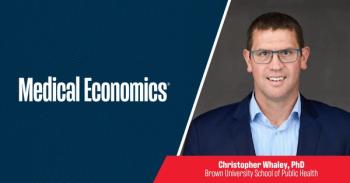
Study: Primary care/specialty pay gap is $2.7M over lifetime
Choosing primary care over a specialty career costs physicians an estimated $2.7 million in potential lifetime earnings and wealth, according to an analysis.
Choosing primary care over a specialty career costs physicians an estimated $2.7 million in potential lifetime earnings and wealth, according to a Duke University analysis.
The study looked at average lifetime income and wealth accumulation of specialist physicians, primary care physicians, physician assistants, MBAs, and college graduates.
Using physician income data from the American Medical Group Association and the Association of American Medical Colleges, and publicly reported sources of salary data for physician assistants, MBAs, and college graduates, the team created a model to estimate the wealth potential for each group. According to the model, a physician who enters medical school at age 23 and practices until age 65 would have a lifetime wealth potential of $5.2 million as a cardiologist and $2.5 million as a family medicine or internal medicine practitioner. Average wealth potential for MBAs was $1.7 million, compared to $850,000 for physician assistants and $340,000 for college graduates.
Newsletter
Stay informed and empowered with Medical Economics enewsletter, delivering expert insights, financial strategies, practice management tips and technology trends — tailored for today’s physicians.






